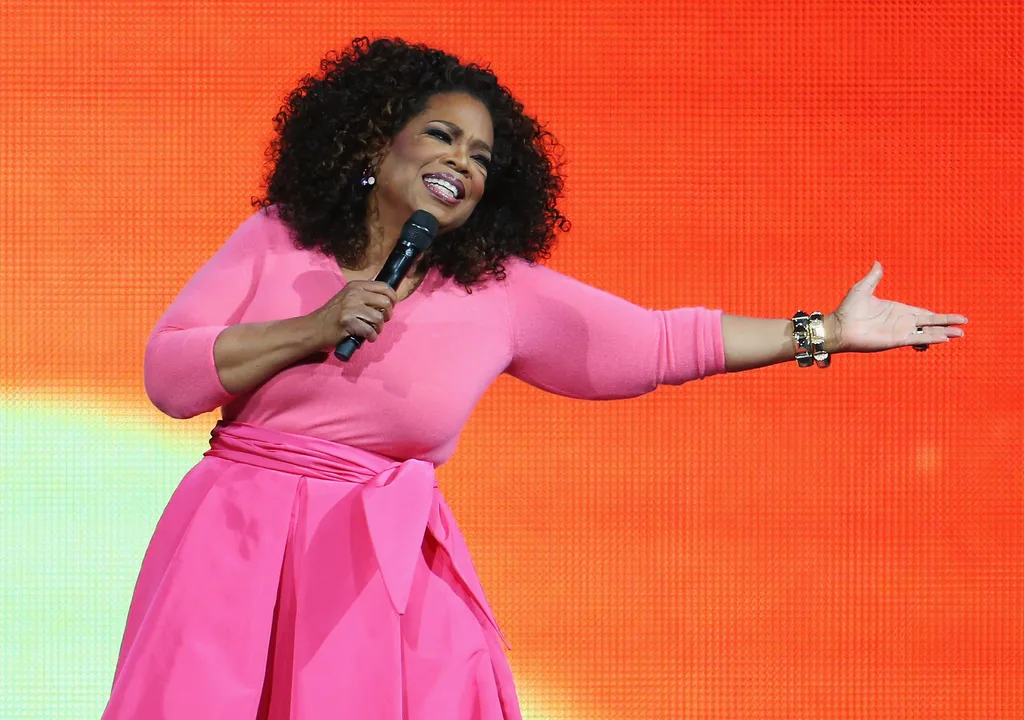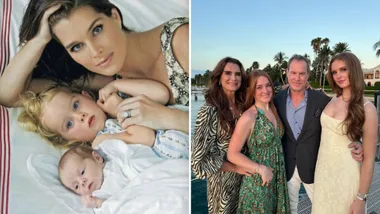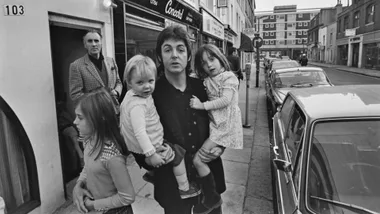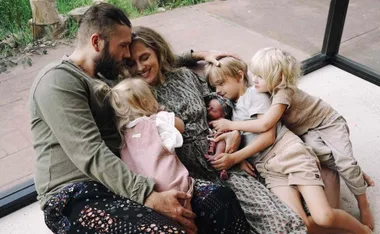As luck would have it I arrived in the world a full 20 months before my little sister. So like Richard Branson, Emma Watson and Oprah Winfrey, I am a first born.
I am a natural leader, exceptionally ambitious and highly responsible. Or I would be if all the birth order stereotypes I’ve read about were true.
Some scientists say that birth order traits are just myths and self-fulfilling prophecies. Even so, we can probably all recognise some of the classic birth order characteristics in ourselves.
So while I may not be a ‘natural leader’, I do possess good leadership skills, and while I haven’t clawed my way to the top of the career ladder with my burning ambition I have always worked hard.
So is there something in birth order after all? As a first born have I always been destined to be the responsible one while my sister enjoys the freedom of being labelled a ‘free spirit’?

Emma Watson. A fabulous first born.
Psychological Therapist Annie Gurton tells me that all families are different and so are all individuals. “There is no cookie-cutter model of how people will be according to their birth order,” she says.
However, Gurton does observe that there are some birth order characteristics which appear fairly consistently.
“First borns tend to be achievers, reliable and conscientious, while last borns are more likely to be relaxed and outgoing.
“Middle children can be more sociable peace-makers. Single children can be more mature but also more demanding,” she says.
Gurton says that the reasons for these typical characteristics are easy to imagine.
“When the first child arrives they get all the attention that they need, possibly too much, from parents and families who dote on them from day one.
“For children, this is an ideal world and they thrive on it, and consequently first borns often have high self-esteem – they feel good about themselves because they have been told that they are fabulous [Note from writer: we are fabulous, they were telling the truth].
Gurton continues: “If these children become singletons without siblings, they continue through their childhood without any threats from brothers or sisters, they don’t have to share the love, and they can continue to have a sense of entitlement.
“By the time other kids come along the first born is well established, and the others have to fit in with the status quo, which is extremely character-forming for both”
“Also by the time others come along, Mum and Dad have got more confidence as parents and can throw the text book out of the window. “Their more relaxed approach definitely affects later-born children.”
So is there anything we can do to shrug off our birth order characteristics, or all first borns doomed to be confident and fabulous?
Gurton isn’t confident. “These early mouldings can’t really be changed,” she says.
“Yes, the eldest can learn to become more expressive and less constrained, be more relaxed and feel less responsible, but at their hearts they will always be the first born with obligations,” Gurton explains.

Likewise, Gurton says that later borns can learn to be more earnest and not to take life so lightly. However she asks why any of us would actually want to change.
“Each personality type has its strengths and weaknesses, and unless the characteristic becomes a problem it is healthier to relax and enjoy who you have become as a result of your birth order.”
So, I should just continue to bask in my first born fabulousness? “Yes,” says Gurton.
“You can’t change that, and neither should you try too hard to change who you are.”











